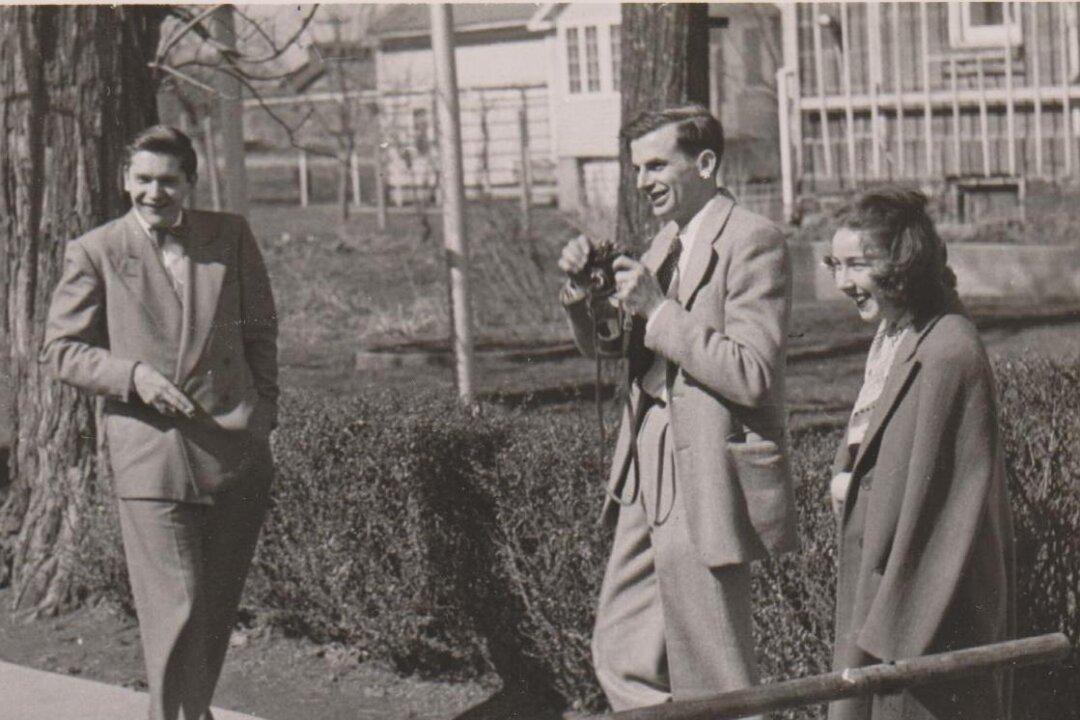A short drive from downtown Milledgeville, Georgia and back a long, gravel lane lined with towering pine trees sits Andalusia, the former home of Southern American author Flannery O’Connor.
Perched on 520 acres of rolling hills and forests, the property has been restored and operated by Georgia College since 2017, serving as a cultural and historical landmark. A visit to the house gives a glimpse into the author’s tragically short life and the surrounding natural environment that inspired a vast majority of her work.





